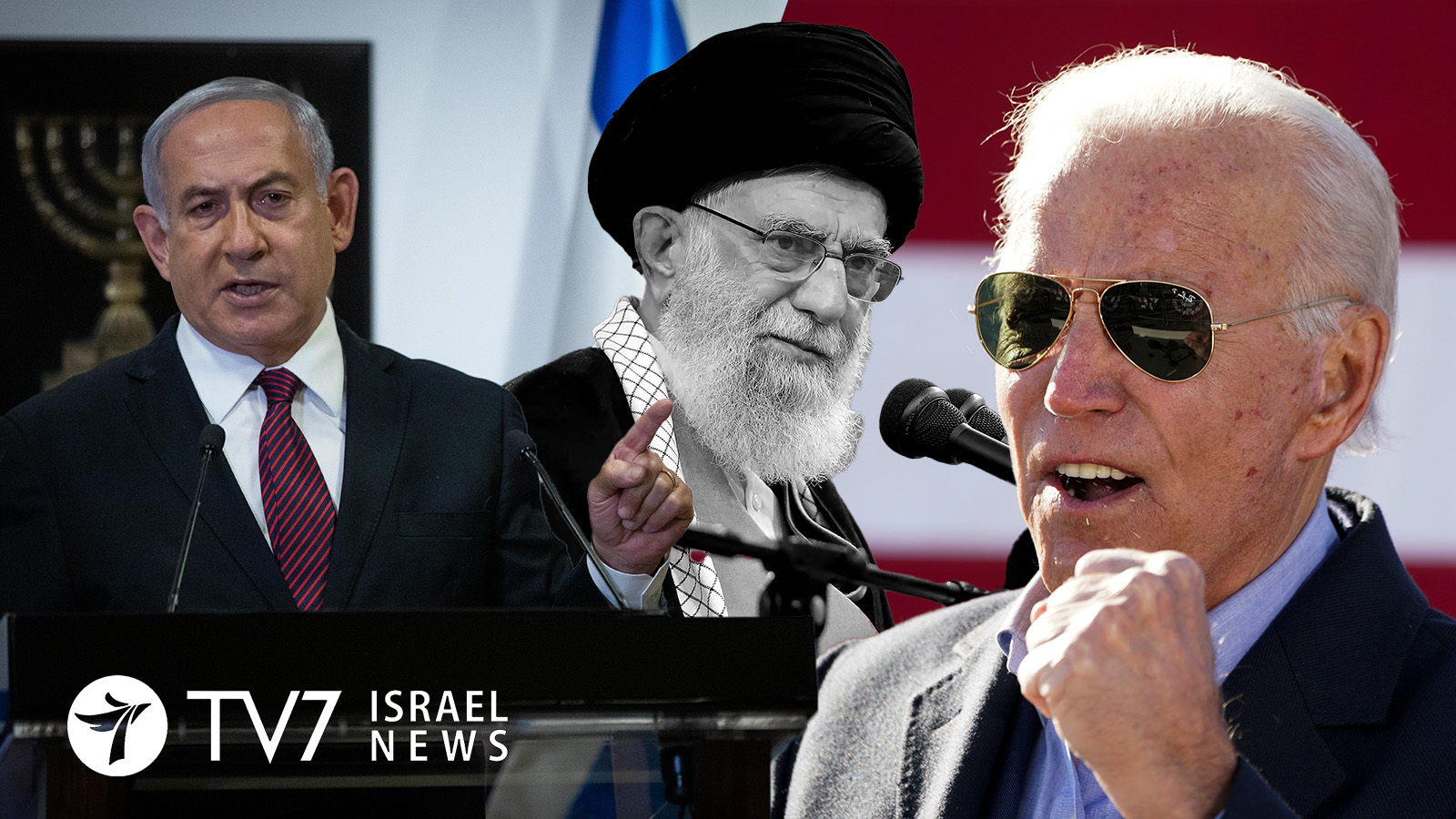The United States seeks to lengthen and strengthen the nuclear constraints on Iran through diplomacy and the issue will be part of President Joe Biden’s early talks with foreign counterparts and allies, said newly-appointed White House Press Secretary Jen Psaki.
Biden has previously stated that Washington would return to the Joint Comprehensive Plan of Action (JCPOA) if the Islamic Republic would reinitiate strict compliance with terms of the pact it struck with six world powers in 2015, by curbing nuclear development in exchange for relief from economic sanctions.
“The President has made clear that he believes that through follow-on diplomacy,” Psaki said in a briefing, underscoring that, “Iran must resume compliance with significant nuclear constraints under the deal in order for that to proceed.”
Former President Donald Trump withdrew the US from the JCPOA in 2018 due to allegations that Iran was covertly violating the deal, and re-imposed harsh sanctions. Tehran responded by openly breaching key limits by increasing its stockpile of low enriched uranium, enriching uranium to higher levels of purity and installing centrifuges.
Biden’s pick to lead the Pentagon, Retired Army General Lloyd Austin, stated during his 19 January confirmation hearing that “Iran continues to be a destabilizing element in the region. … It does present a threat to our partners in the region and those forces that we have stationed in the region.”
“If Iran were ever to get a nuclear capability, most every problem we deal with in the region would be tougher to deal with because of that,” added Gen. Austin.
Biden’s nominee for Secretary of State Antony Blinken said the US will not make a decision on whether to rejoin the nuclear deal, and will only do so after careful and deliberate assessment.
Israeli leaders have staunchly advocated that President Biden maintain the tough Iran policy set by the preceding Trump Administration.
In tandem with congratulatory messages to Biden upon his 20 January inauguration, Israeli politicians presented a united front against dangers posed by the Islamic Republic.
Israeli Prime Minister Benjamin Netanyahu issued a video statement to President Biden, describing the two leaders relations as “a warm personal friendship going back many decades.” Netanyahu then underscored his hope to work with the new American administration to “further strengthen the US-Israel alliance, to continue expanding peace between Israel and the Arab world and to confront common challenges, chief among them the threat posed by Iran.”
Israeli Alternate Premier and Defense Minister Benny Gantz expressed his hopes of working with the Biden-Harris administration and his “friends at the Pentagon” to deal with many of the shared US-Israeli goals and challenges, which he stressed include “containing Iranian regional aggression and nuclear aspirations.” He added his certainty “that our strong alliance and mutual commitment will help advance the democratic values we share, making our region more stable and the world more peaceful.”
Israeli President Reuven Rivlin also used his greetings to stress the importance of confronting “the rising threat of Iranian aggression and expansionism,” saying that “Only by standing together as allies and as friends can we face these challenges. Only by standing together as allies and friends can we defeat them.”
These messages were further underscored by Israel’s Minister of Energy Yuval Steinitz. Speaking to CNBC yesterday, he said that the US maximum pressure policy was “very productive,” and that “the only thing that [works] with Iran is economic pressure, combined with a valid military threat.”
Just ahead of Biden’s assumption of the US presidency, the United Arab Emirates (UAE) Assistant Minister for Culture and Public Diplomacy Omar Ghobash told CNBC that his nation “absolutely” wanted to see ongoing pressure on Iran.
Iran has demanded that the Biden Administration return to the JCPOA.
In a televised cabinet meeting on Wednesday, Iranian President Hassan Rouhani said, “The ball is in the U.S. court now. If Washington returns to Iran’s 2015 nuclear deal, we will also fully respect our commitments under the pact.”
“Today, we expect the incoming US administration to return to the rule of law and commit themselves, and if they can, in the next four years, to remove all the black spots of the previous four years,” he said, declaring, “Tyrant Trump’s political career and his ominous reign are over today and his ‘maximum pressure’ policy on Iran has completely failed.”
